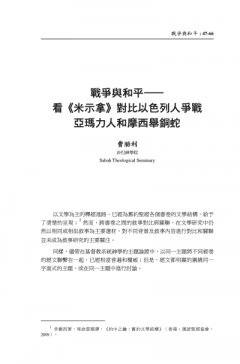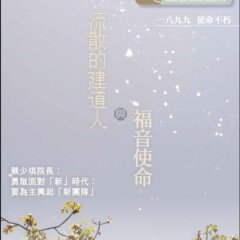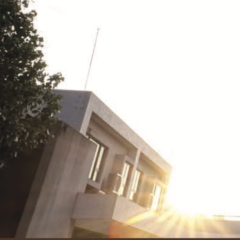戰爭與和平——看《米示拿》對比以色列人爭戰亞瑪力人和摩西舉銅蛇/曹腓利
曹腓利
撮要
在口傳猶太宗教傳統的《米示拿》中,為了清楚說明履行宗教責任,不僅只是外在的聽和執行,更重要的是,對上帝的態度要正確;於是在《米示拿‧新年篇》三章8節中,分別將出埃及記十七章9至13節,摩西在山上舉手,百姓即在爭戰中得勝的事件,與民數記二十一章4至9節,百姓被火蛇咬傷後,因着仰望銅蛇而得到醫治的事件,進行詮釋上的關聯,最終成為端正態度的證據。《米示拿》對希伯來聖經的關聯與詮釋,不僅在宗教行為上給予指導,也為道德倫理課題——戰爭與和平,提供了獨特的看法和觀點,這也是本文注重探討的層面。
ABSTRACT
As the most important oral tradition, Mishnah is not only playing as the liturgical orders which are carried out in normal lives by the Jewish people, but also emphasizing on the attitude to God and standpoint of ethical issues. In Mishnah Rosh Hashanah 3.8, the event, which was from Exodus 17:9-13, about when Moses arose his hands on the mount, the Israelites overcame Amalekites, was interrelated and interpreted with the event, which was from Numbers 21:4-9 about when Israelites were wandering in the desert and bitten by the venomous snakes, but the peoples were saved by looking upon the bronze snake hung up on the pole. Therefore, the interrelated interpretation in RH 3.8 inspired the Israelites to understand the proper attitude to God; furthermore, it provided them a unique view to deal with the ethical issue-war and peace. This is the main point of what this article is seeking to explore.
原載於《建道學刊》46期(2016年7月),頁 47-66。







